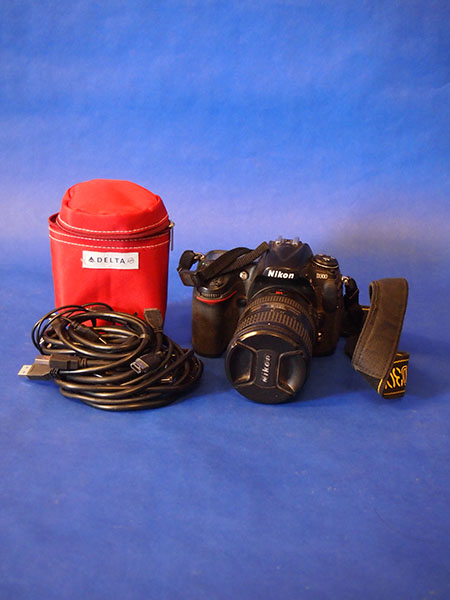![]() body | color | collections | commodity | cube | document | fabric | fetish | gender | glass | home | identity | living | machine | metal | minimal | mobility | narrative | olfactory | organic |
body | color | collections | commodity | cube | document | fabric | fetish | gender | glass | home | identity | living | machine | metal | minimal | mobility | narrative | olfactory | organic |
![]() pain | paper | plastic | plugs | power | protective | rectangular | ritual | round | sound | souvenir | spiritual | style | text-based | time | tool | touch | uniform | value | visual | warm | wood
pain | paper | plastic | plugs | power | protective | rectangular | ritual | round | sound | souvenir | spiritual | style | text-based | time | tool | touch | uniform | value | visual | warm | wood
| Photography: Nikon D300 | |||
Narrative: Nikon D300 Nikon D300 is made in Thailand. The cobalt sourced in the Congo, lithium sourced in Chile, nickel sourced in Finland, PVC sourced in Guangzhou China, carbon sourced in Mongolia, and shipped to Europe for distribution to the United States. A liquid crystal display (LCD) screen that provides information to the photographer such as film speed, aperture, photographic mode (including landscape, portrait, close-up, and other modes), count of photos taken, operation of redeye and flash and other accessories, battery condition, and other data regarding the camera's workings. Integrated circuitry is constructed as subassemblies for the electronic brains of the camera and attached flash, if any. No byproducts result from camera manufacture, but a number of wastes are produced. The wastes include resins, oils such as cutting oil, solvents used for cleaning parts, and metals including iron, aluminum, and brass. The metals and resins are remainders or cuttings from manufactured parts and powder-fine cuttings and dust. The wastes are sorted by type and recovered; they are recycled or treated as industrial wastes by firms specializing in these activities. Camera manufacturers are well aware of the hazards associated with their processes and are careful to observe environmental regulations and sensitivities both in the country of manufacture and in receiving marketplaces. Japan's camera industry stopped using chlorofluorocarbons and trichloroethanes to clean printed circuit boards and camera lenses in 1993 on instruction of Japan's Ministry of International Trade and Industry (MITI), in response to import conditions of other countries, and in acknowledgment of industry-wide respect of the environment.
|
 |
||
![]()
